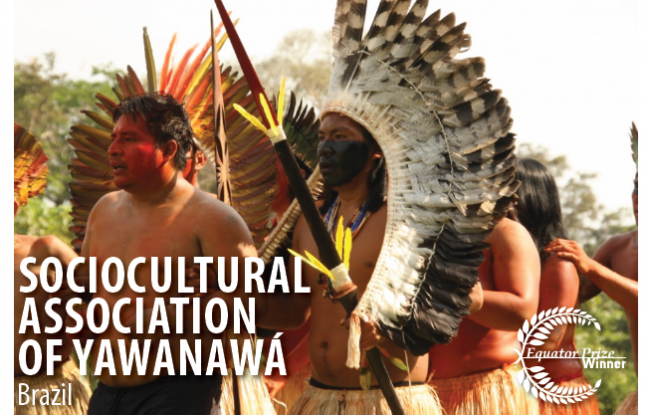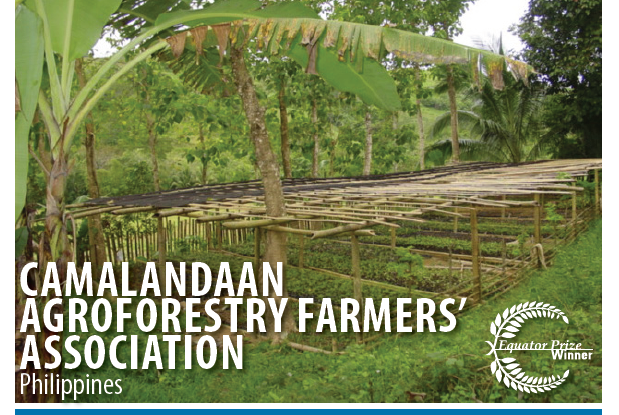Decentralisation, Land Rights and the Construction of Women's Citizenship in Sub-Saharan Africa : a Comparative Study of Uganda, Kenya and Tanzania; first project evaluation report
The evaluation report reviews a methodology workshop and project proposal, held in Nairobi, Kenya. At the workshop it was recommended that team members should be grounded in a shared understanding of the conceptual literature on citizenship generally, and social citizenship in particular, as well as literature on the broader question of whether decentralization necessarily improves service delivery.







